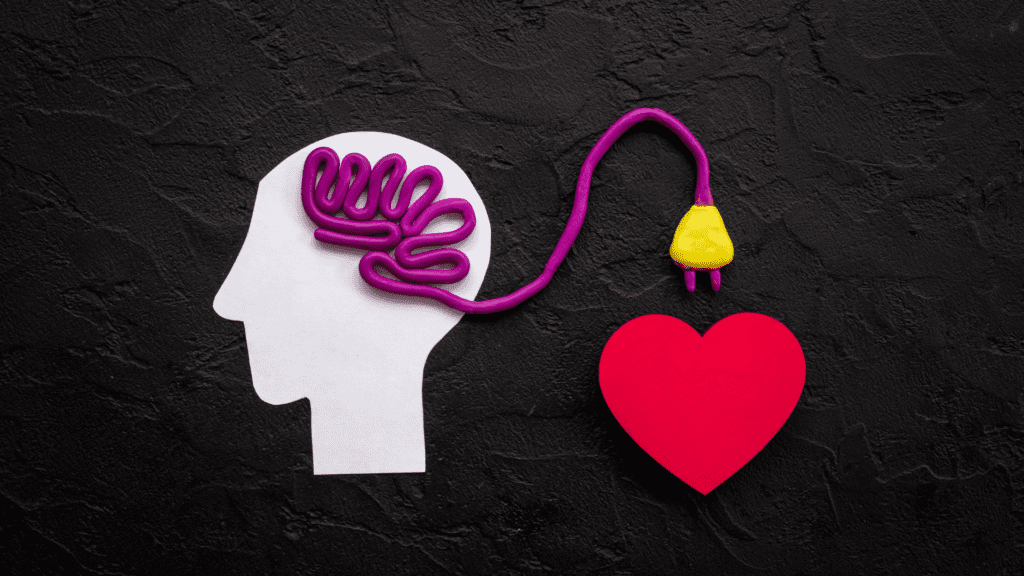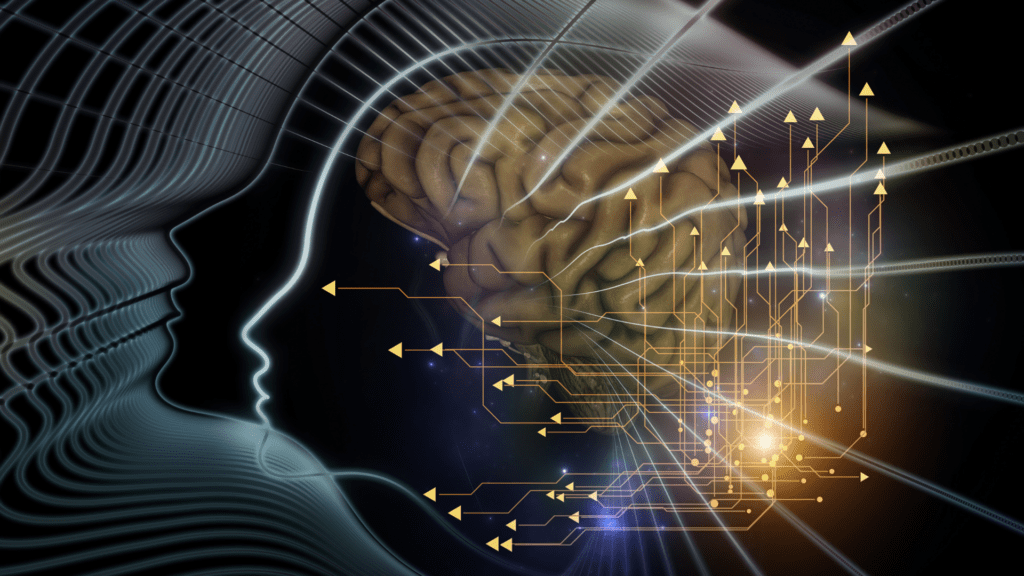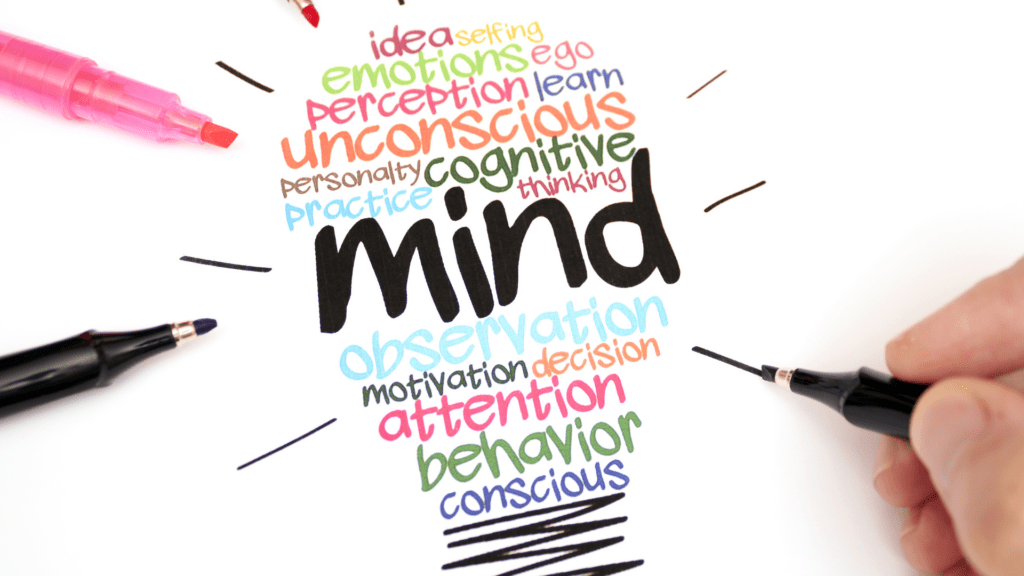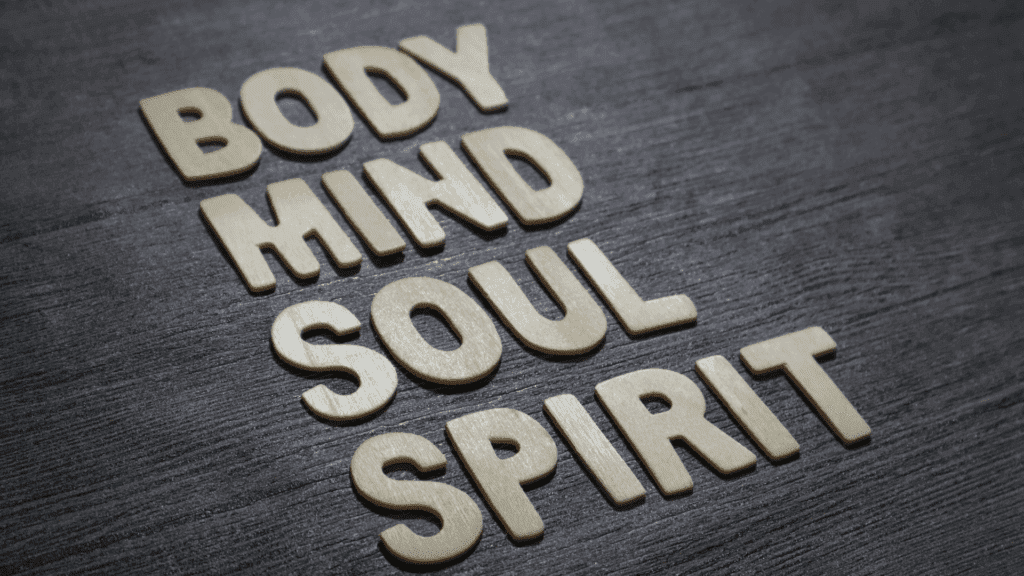Embracing a Holistic Approach to Mental Health
As we approach 2025, it’s an opportune time to prioritize your journey toward total wellness. Mental health care is evolving, and at its forefront is holistic psychology—an approach that recognizes the interconnectedness of mental, physical, emotional, social, and spiritual health. For over two decades, I have been practicing and refining this approach, combining neuroscience with holistic life coaching to support individuals as whole beings.
This integrative methodology not only addresses mental health challenges but also empowers you to reclaim control of your life, fostering a balanced and meaningful existence.
Introducing Holistic Psychology/Life Coaching
Holistic psychology is an innovative framework that understands human well-being as a dynamic interplay Holistic life coaching is an approach to understanding mental health based on the view that psychological phenomena must be studied as wholes. It posits that individuals are biological, psychological, and sociocultural totalities that cannot be fully explained in terms of isolated components or characteristics. Rather than being a specific school of thought, holistic psychology is a perspective that informs various theories and methodologies, including humanistic psychology and client-centered therapy.
This perspective allows for a more comprehensive and compassionate understanding of the human experience, paving the way for deeper restoration and growth.

between thoughts, emotions, and physical health.
What Is Holistic Psychology and Holistic Life Coaching?
Holistic psychology and life coaching is an innovative framework that understands human well-being as a dynamic interplay between multiple facets of health. Instead of focusing solely on symptoms, it seeks to uncover the root causes of distress by considering the whole person—mind, body, and spirit.
This comprehensive approach acknowledges:
- Mental Health: Addressing cognitive patterns and emotional resilience.
- Physical Health: Understanding the biological and physiological processes that influence mental well-being.
- Emotional Health: Exploring stored emotions and their effects on behavior.
- Social Health: Recognizing the impact of relationships and community.
- Spiritual Health: Honoring personal beliefs and existential questions that shape purpose.
By addressing these dimensions as interconnected, this approach provides deeper insights and more effective solutions for mental health care.

The Role of Neuroscience in Holistic Life Coaching
Neuroscience lies at the heart of holistic life coaching psychology. Everything that happens in our bodies—biologically, physiologically, and emotionally—is deeply rooted in how the brain functions. For years, I have integrated neuroscience into my practice, helping clients understand the science behind their experiences and use that knowledge to drive meaningful change.
Here’s how neuroscience plays a pivotal role:
Nervous System Regulation: The autonomic nervous system governs fight-or-flight responses. Through practices like mindfulness and breathwork, we can recalibrate this system, reducing anxiety and promoting calm.
Brain-Body Connection: The brain regulates every aspect of our body, from hormone production to immune responses. Chronic stress, for example, alters cortisol levels, impacting mood and physical health.
Neuroplasticity: The brain’s ability to reorganize itself by forming new neural connections is key to breaking negative thought patterns and fostering emotional growth.
Trauma and Memory: Traumatic experiences leave imprints on the brain’s limbic system, particularly the amygdala and hippocampus. Holistic psychology uses techniques to reprocess these memories and reduce their grip.
What Conditions Can Holistic Life Coaching Psychology Address?
This incredible modality can be beneficial for a wide range of mental health conditions, including:
- Depression
- Trauma
- Anxiety
- Addiction
- Stress
This form of psychology or as some refer to it, “holistic therapy”, can also help manage physical symptoms with psychological causes, such as gut issues or chronic pain. Even individuals without a diagnosed mental health condition can benefit from a neuroscience-integrated holistic approach to acquire self-awareness and enhance their emotional and physical well-being.
What Are Practical Steps for Holistic Health?
Adopting a holistic approach to health involves addressing the interconnected aspects of your well-being. Here are practical, neuroscience-integrated steps:
- Practice Mindful Awareness
Begin with mindfulness exercises that help you stay present. Neuroscience shows that mindfulness strengthens the prefrontal cortex, improving focus and reducing emotional reactivity. - Reframe Negative Thought Patterns
Engage in cognitive reframing to identify and replace limiting beliefs. This rewires your brain’s neural pathways, promoting more constructive and empowering thought patterns. - Engage in Somatic Practices
Incorporate gentle movement exercises like yoga or progressive muscle relaxation. These practices release stored tension and reduce the impact of trauma on the body. - Prioritize Emotional Resilience
Journaling or guided self-reflection can help you process emotions effectively. Writing stimulates the brain’s reward system, fostering a sense of relief and clarity. - Cultivate Supportive Relationships
Build a strong support network of positive connections. Oxytocin, the bonding hormone, released through meaningful social interactions, reduces stress and enhances well-being. - Adopt a Nutrient-Rich Diet
Focus on foods that support brain health, such as omega-3-rich salmon, magnesium-packed spinach, and probiotics for gut health. These directly impact serotonin production and emotional balance.
Holistic Approach to Trauma: A Case Study
To illustrate the effectiveness of a neuroscience-integrated holistic approach, consider a client I worked with who was struggling with trauma. This individual had experienced a distressing event that left them with persistent anxiety, flashbacks, and a sense of disconnection from themselves and others.
Assessment and Approach:
Understanding that trauma affects both the mind and body, I employed a holistic support plan that included:
- Neurofeedback: To help regulate brain activity and reduce hyperarousal associated with trauma.
- Somatic Experiencing: Focusing on bodily sensations to release stored tension and facilitate restoration.
- Mindfulness Practices: Teaching techniques to stay present and manage intrusive thoughts.
- Cognitive Restructuring: Assisting in reframing negative beliefs stemming from the traumatic experience.
- Nutritional Guidance: Advising on a diet that supports brain health and emotional stability.
Outcome:
Over several months, the client reported significant improvements. Anxiety levels decreased, flashbacks became less frequent, and there was a restored sense of connection and purpose. By addressing the trauma through a comprehensive, neuroscience-informed lens, we facilitated restoration that encompassed both psychological and physiological aspects.
Holistic Life Coaching for Professional Development
Holistic life coaching, isn’t just about addressing mental health challenges—it also plays a transformative role in professional development. Many of my clients come to me seeking support for advancing their careers, enhancing leadership abilities, or achieving a healthier work-life balance. Even in these scenarios, a holistic approach proves invaluable, as professional growth is deeply connected to personal well-being.
Integrating Personal and Professional Growth:
Recognizing that professional challenges often intertwine with personal factors, I tailor my coaching to address both aspects holistically. Here’s how I approach it:
- Emotional Intelligence Training: Helping clients develop greater self-awareness, improve interpersonal skills, and foster stronger workplace relationships.
- Stress Management Techniques: Teaching evidence-based methods, such as breathwork and time management strategies, to effectively handle workplace pressures.
- Mind-Body Practices: Incorporating exercises like mindfulness meditation or light movement to enhance focus and reduce burnout, which directly impacts performance.
- Value Alignment Exercises: Guiding clients to identify their core values and align their professional goals with these principles, fostering deeper satisfaction and purpose.
- Resilience Building: Strengthening adaptability and problem-solving skills, enabling clients to navigate setbacks with confidence and clarity.
By addressing the interplay between personal growth and professional achievement, I help clients unlock their full potential in every area of their lives. This integrated approach ensures that success isn’t just measured by career milestones, but also by fulfillment and balance.

Why Now Is the Perfect Time to Start Your Journey
With 2025 just around the corner, this is the ideal moment to take charge of your mental health. The world has become increasingly fast-paced, and the pressure to keep up often leaves us feeling depleted and disconnected. Holistic neuroscience life coaching provides a pathway to reconnect with yourself and find balance amidst the chaos.
Starting your journey into holistic life coaching and psychology today, means:
- Proactive Wellness: Addressing issues before they escalate into larger challenges.
- Empowerment: Gaining the knowledge and tools to take control of your well-being.
- Transformation: Setting the stage for a year of growth, fulfillment, and purpose.
My Two Decades of Experience in Holistic Psychology
Over the past 20 years, I have worked with individuals from all walks of life, helping them overcome challenges such as anxiety, depression, relationship struggles, and lack of purpose. My neuroscience-based life coaching integrates the principles of holistic psychology to provide a personalized and transformative experience.
I have witnessed the power of this approach firsthand. Clients who once felt stuck and overwhelmed have learned to reframe their thoughts, regulate their emotions, and embrace lives filled with meaning and joy.
What makes this approach unique is the understanding that your brain isn’t working against you—it’s responding to the environment it has been conditioned to navigate. By shifting that environment and providing the brain with the right tools, extraordinary change becomes possible.
Key Benefits of Holistic Psychology
- Comprehensive Understanding: By addressing all facets of health, this approach ensures no aspect of your well-being is overlooked.
- Root Cause Resolution: Instead of merely managing symptoms, holistic psychology digs deep to uncover and resolve underlying issues.
- Stigma-Free Care: This approach embraces your humanity, removing the shame often associated with seeking help.
- Long-Lasting Results: Techniques like mindfulness, thought reframing, and nervous system regulation create sustainable change.
Your Next Steps to Total Wellness
Holistic psychology or holistic life coaching, powered by neuroscience, is more than a modality—it’s a way of life. As we step into 2025, I invite you to embrace this journey and unlock your full potential. Whether you’re grappling with anxiety, seeking purpose, or striving for balance, this approach can help you thrive.
Are you ready to take the first step toward total wellness? Let’s start this transformative journey together and work on you mind body and spirit.













